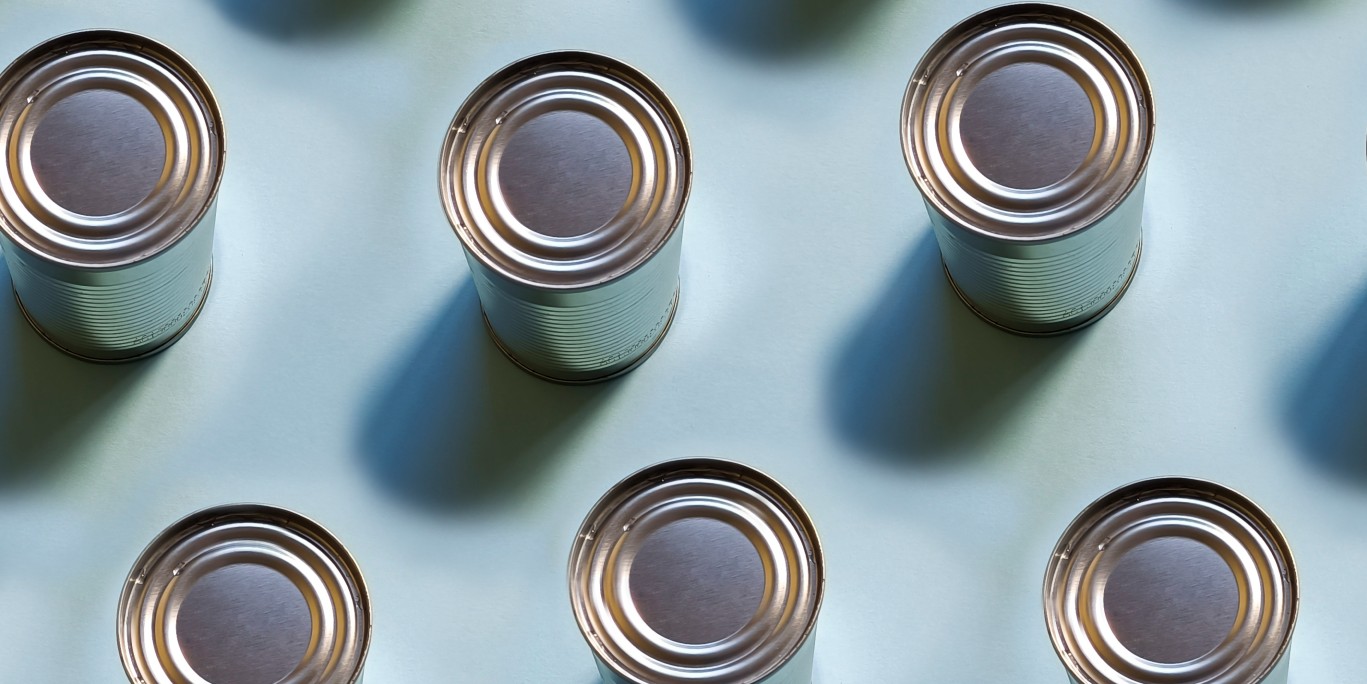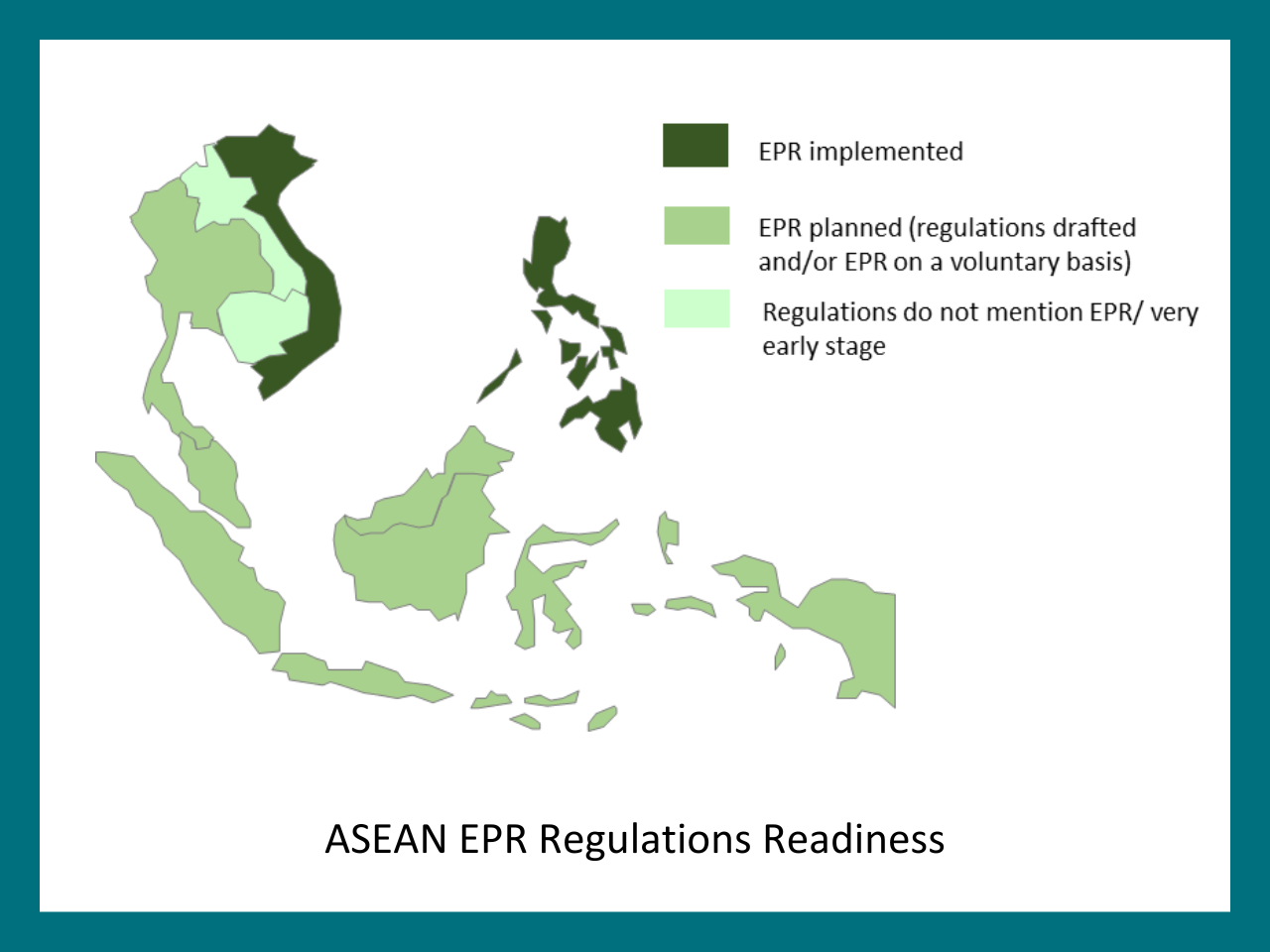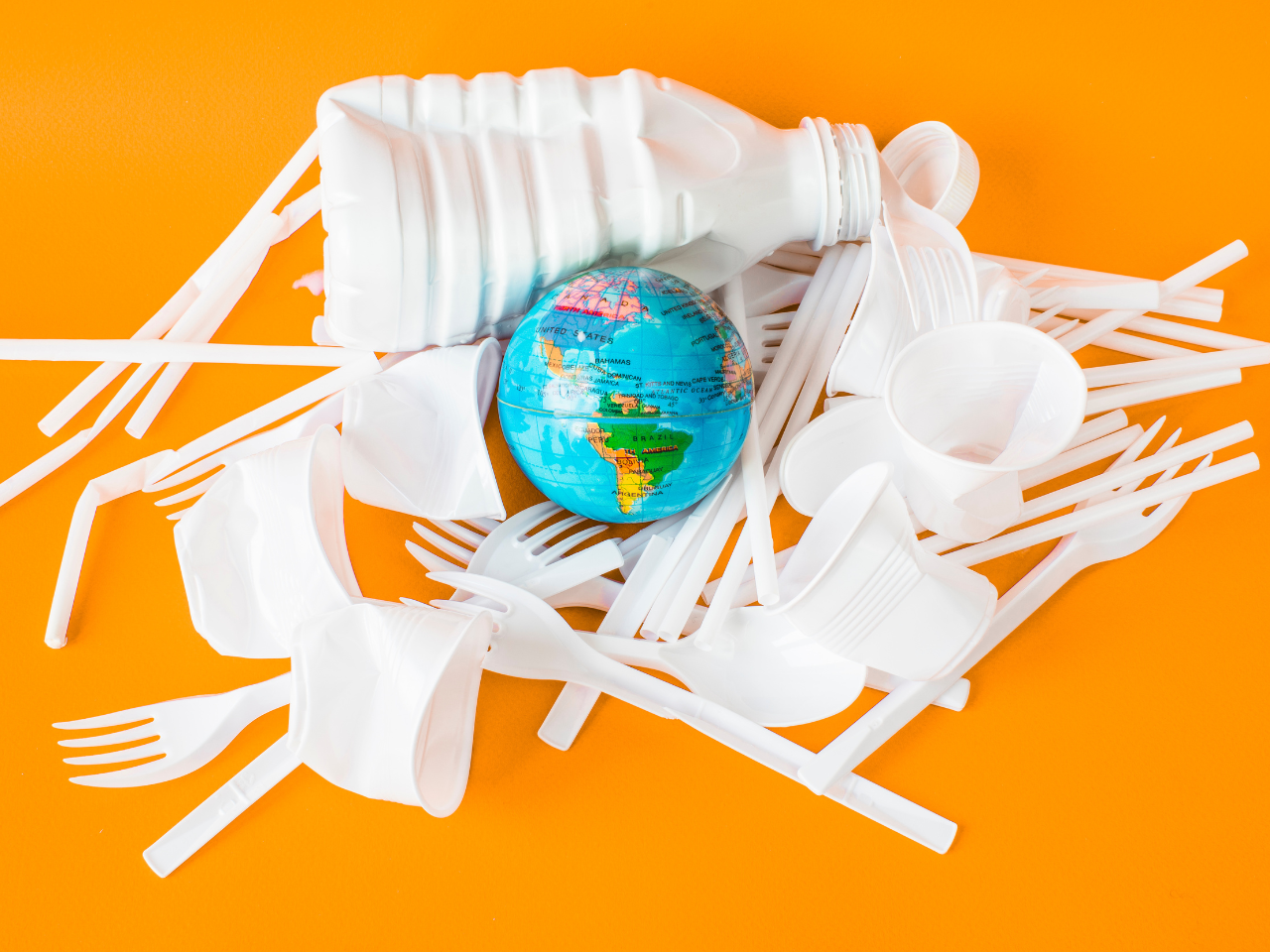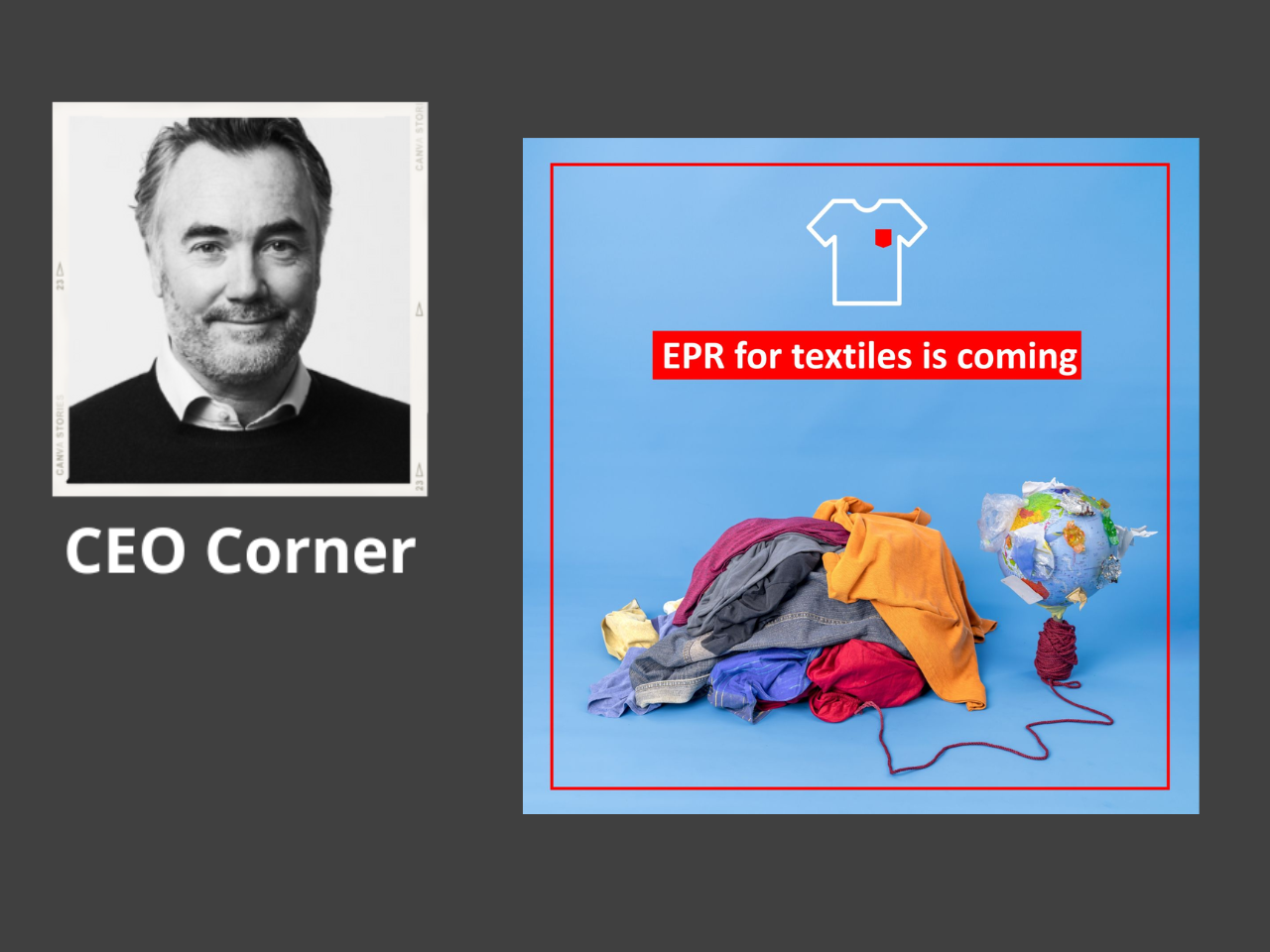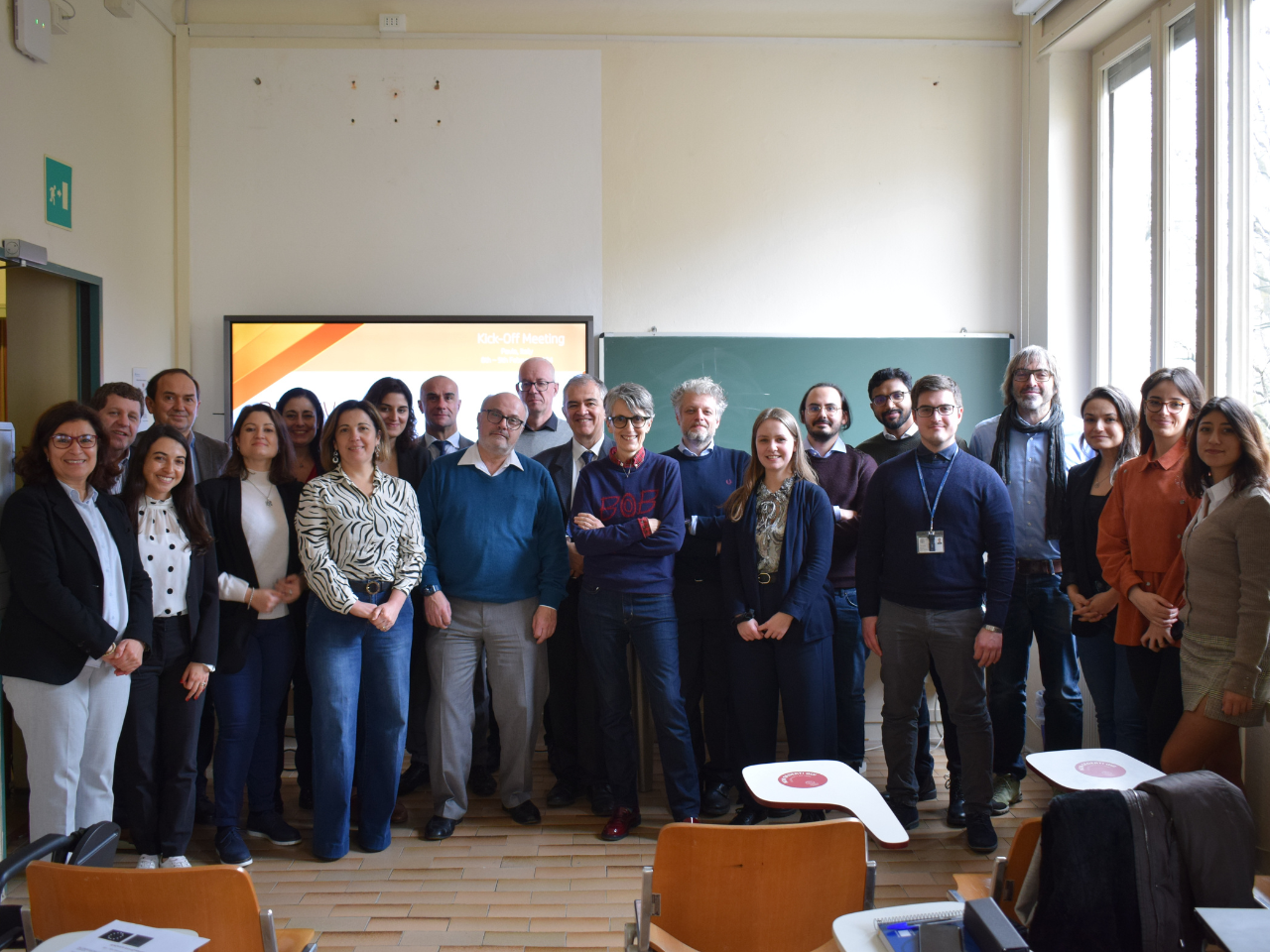What changes worldwide could have the biggest impact on the circular economy? Read our selection for you for June 2023.
EU textiles strategy: fighting fast fashion and waste
Circular Economy Monitoring Framework: EU needs faster progress
Single-use plastic fund: Germany to launch platform
Chemicals and waste: EU advocates for sound management
EU textiles strategy: fighting fast fashion and waste
Members of the European Parliament’s ENVI Committee have published their proposals for an EU textiles strategy.
The strategy makes recommendations on the sustainable production of textiles. The adopted guidelines cover topics such as human and labour rights, environmental and animal protection, and supply chains. The overall goal is for textiles to last longer and be easier to repair, reuse and recycle.
ENVI members are proposing:
- an end to the current practice of destroying unsold textiles
- a restriction of the “fast fashion” industry
- a new definition of textiles with “high volume and low quality and price”, and
- digital product passports to help consumers make sustainable purchasing decisions
MEPs are also calling for a revision of the Waste Framework Directive, which they believe should set precise targets for the prevention of textile waste, as well as its collection, reuse and recycling.
The strategy will be voted on in the Parliament this summer and then serve as a guideline for the drafting of future legislation.
Circular Economy Monitoring Framework: EU needs faster progress
The European Commission has revised its Circular Economy Monitoring Framework in an effort to use raw materials in a more sustainable way and reduce existing dependencies.
The revised framework enables a better tracking of progress towards a circular economy, which will allow for more targeted actions and measures. Newly introduced indicators include material footprint, waste prevention, sustainability, climate neutrality and resilience.
In particular, the Commission wants to use secondary raw materials more strictly, as they only account for 12% of total material consumption. At around 1%, this figure is even lower for rare earths such as lithium or gallium.
The circular economy is therefore viewed as a factor that will strengthen the resilience of the European Union.
Single-use plastic fund: Germany to launch platform
The single-use plastic fund act in Germany obliges producers to bear the costs for the disposal of single-use plastic products in public spaces. This levy will be administered by the Federal Environment Agency (UBA) through the digital platform, DIVID.
The platform is to be established by 1 January 2024, then enabling affected producers to register.
In addition, it shall also process the levies paid by producers and the distribution of funds to the municipalities and cities concerned.
The UBA will then, from 2025 onwards, determine the individual amount of the levies to be paid by the producers as well as the funds to be distributed.
Chemicals and waste: EU advocates for sound management
At the United Nations Conference of the Parties (COP), which was held in Geneva from 1 to 12 May, the European Union (EU) advocated for a reduction in hazardous waste, organic pollutants and the illegal trade in toxic chemicals and waste.
At the top of the agenda were the Rotterdam, Stockholm, and Basel Conventions, which regulate the handling and trade of chemicals and waste. The EU is trying to lead by example in these areas and make the global trade in waste more sustainable. Furthermore, it wants waste procurement practices to be optimised.
In addition, the EU proposed internationally binding agreements on plastics, pollution, e-waste, vehicles, and textiles during the COP.
Sign up for our monthly
report COMPASS here:
Your email
